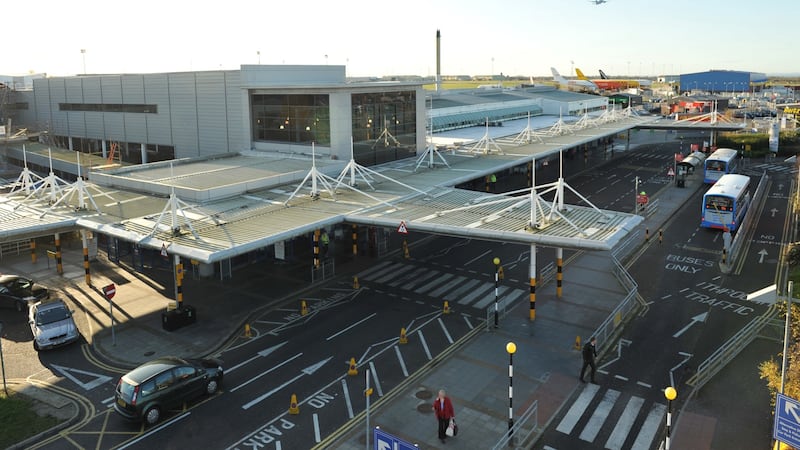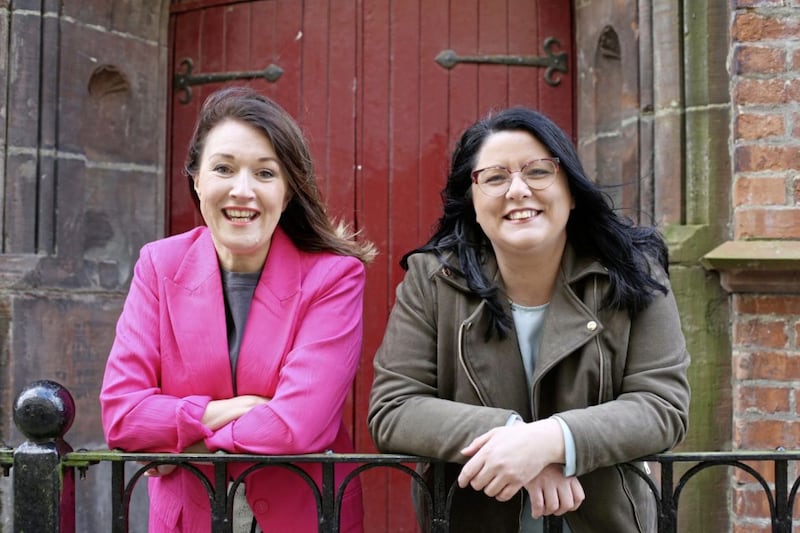THE National Health Service (NHS) is never far from the headlines. Often, it’s about the pressures the service faces, the length of waiting lists, and the need for more funding.
Earlier this month, it was the NHS’s 70th anniversary and the various events and initiatives to celebrate its history and impact. And of late, we’ve had two contrasting reports about the NHS’s use of technology.
One of these, published last week, focused on the NHS’s apparent reliance on fax machines, with the report suggesting that thousands of the ‘archaic’ devices are still in use in hospitals in England. This follows a report last year by artificial intelligence company DeepMind Health which concluded that the NHS is the world’s largest purchaser of fax machines. (Another report highlighted that pagers are still prevalent as well.)
There are of course reasons why the NHS has been slow to move away from some older technologies such as fax machines. One of them is a lack of investment. Another has been concerns over the security of patient data.
The other recent report highlighted the role of automated intelligence (AI) in the NHS and the potential to save £12.5billion per annum through ‘robo docs’ and AI.
Great Ormond Street for instance recently announced a partnership with Microsoft to explore how AI and other new technologies can transform healthcare delivery.
Written by surgeon and former health minister Lord Darzi, the report suggests the NHS could make the cost savings by fully automating repetitive and administrative tasks, such as communicating medical notes, booking appointments and processing prescriptions.
It further suggests that 'home help care bots' could help people move around the home, help with household maintenance and even help people wash, dress and feed themselves, significantly reducing the need for human workload on such tasks.
The report, published by the think tank IPPR, claims that automation will serve to complement human workers and free up more time for direct patient care.
In total, it says that robots and AI systems could take on approximately a third of the workload currently faced by GPs, a quarter of that of hospital doctors, and 29 percent of that of nurses.
This is eye opening stuff and gives some idea of the potential for technology to revolutionise healthcare provision.
The fact is that the world is on the verge of a huge leap forward in healthcare driven by advances in knowledge and technology. For instance, the advent of big data and predictive analytics means we can better plan care for a population.
Advances in genomics are changing thinking from diagnosing and treating illness to predicting and preventing it. An influx of new mobile and bio-devices will also mean we will be able to check and take greater control over our health in a way that wasn’t possible before.
What is clear is that technology has a central role to play in ensuring the NHS is fit for purpose into the future; bringing efficiency and administrative effectiveness, as well as in pioneering new and better ways of preventing and treating illness.
It is essential that managers, doctors and others in the NHS continue to embrace technology and that funders and senior managers continue to have the vision to invest in it.
Headlines about important advances in technology within the NHS are ones we certainly want to hear more of in the years ahead.
:: Patrick McAliskey is managing director of Novosco, an indigenous Northern Ireland hybrid cloud company with offices in Belfast, Dublin and Manchester.








